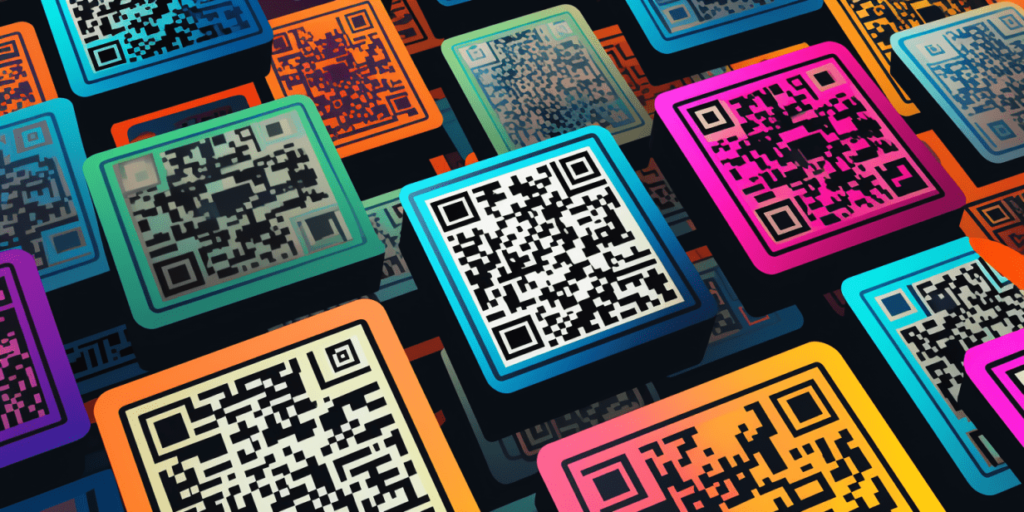
In the modern digital world, where information is rapidly exchanged and transmitted, QR codes have become a crucial link in the communication chain. These enigmatic mosaics of black squares on a white background have changed the way data is exchanged, revolutionizing our perception of information. Today, let’s delve into the history of QR codes and define their impact on contemporary society.
Essence and Definition
A QR code (Quick Response Code) is a two-dimensional code developed in Japan by Denso Wave in 1994. It consists of black squares arranged on a white background and can store much more information than a standard one-dimensional barcode.
History and Features
Initially, QR codes were created for use in the automotive industry to quickly identify components. However, their application quickly expanded to other industries due to their significant information storage capacity and ease of readability.
One of the main features of QR codes is their capacity. They can store diverse data, such as website URLs, contact information, text messages, geographic coordinates, and even videos. This makes them an indispensable tool for quick and efficient exchange of various types of information.
Today, QR codes have revolutionized the way we receive and transmit information. They have become ubiquitous across various platforms, including printed materials, products, advertisements, packaging, and even mobile device screens. Thanks to them, communication processes have been streamlined immensely.
Convenience and Speed
QR codes provide a convenient way to access additional information. Instead of manually entering long URLs, you can simply scan the QR code and instantly be directed to a website or obtain other necessary information. This significantly saves time and effort.
Marketing and Sales
QR codes have become an integral part of marketing strategies. Brands use them in advertising campaigns and offers to capture customer attention. For instance, QR codes on product packaging can provide additional information about the product or even lead to an online store for purchasing.
Social Engagement and Interactivity
QR codes can foster more active engagement with consumers. At events, exhibitions, or restaurants, QR codes can serve as indispensable elements for surveys, registrations, or social media pages, enhancing interaction between the brand and the audience.
Overall, QR codes have indeed brought profound changes to how we exchange information. They offer a fast, convenient, and efficient means of accessing supplementary information, expanding marketing and interactivity capabilities, and aiding in critical areas. True technological innovators, QR codes have opened doors to a new way of perceiving and exchanging information in the modern world. So, if you’re not already using them in your business, we recommend starting now. After all, they’re an additional key to successful and effective communication with your customers.

Leave a Reply